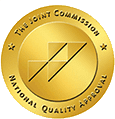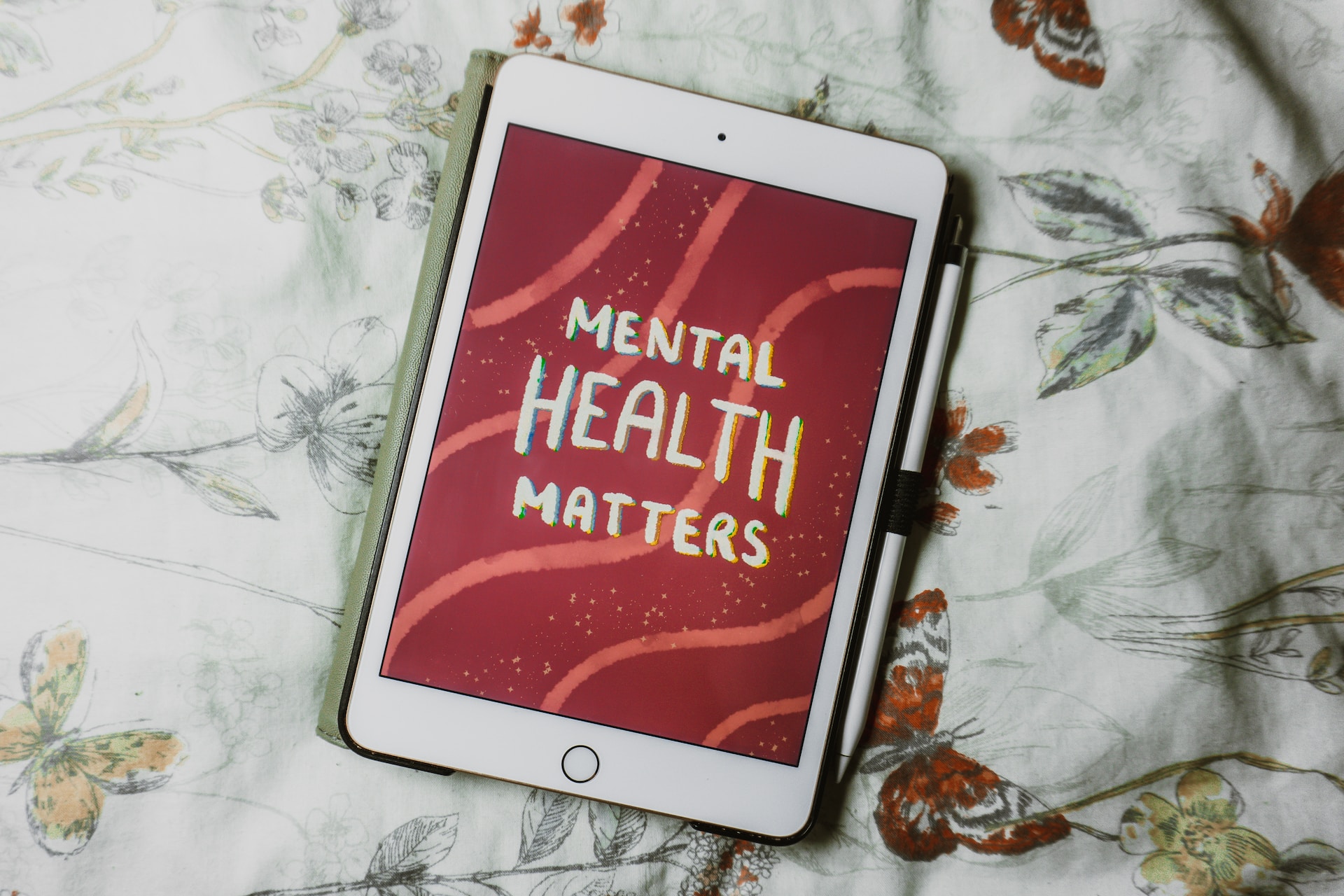by Dr. Elena Bagourdi
Looking for an addiction treatment center or rehab facility can be overwhelming. Approaches can range from highly medical programs to quick “miracle cures” like Ibogaine or electroconvulsive therapy. Some treatment practices might be out of the question for you. Others might seem appealing at first glance, but may not be actually effective. With the internet at our fingertips, it’s never been easier to find treatment centers. But finding the right treatment center is a much harder task.
Choosing the right treatment center means doing your homework — finding out what each center has to offer and weighing their resources, philosophies, and practical details to make an informed choice that’s right for you.
Here are 10 questions you can ask that will help you gain a picture of the program and what it has to offer.
1. Is the Program Committed to Evidence-Based Practices?
Some approaches to addiction treatment are innovative and novel while others are tried-and-true. Both can work. What matters is that they are based on sound scientific evidence. The answer should always be yes to the question, “Is your program committed to evidence-based practices?”
It’s also a good idea to ask about staff credentials. It’s not necessary for every substance abuse counselor to have a Ph.D. — the success of Alcoholics Anonymous (AA) and Narcotics Anonymous (NA) is evidence that you don’t need a degree to help free others from addiction (though AA was established by a medical doctor) — but it’s important to know the qualifications of the staff. Are they in a recovery program themselves? Are they medical professionals? Do they have a license to practice as a psychologist, marriage and family therapist, or social worker? Unfortunately, there are treatment programs that hire staff with the minimum level of qualifications to keep costs down, so it is always a best practice to ask about the staff’s credentials. You want to make sure you will be going to a place where the people have the expertise to help you.
2. Are the Specifics of this Program Appropriate for My Needs?
Different programs fulfill different needs. Do you need an inpatient program, or do you feel that an outpatient program would suffice? How long is the program? Do you need medical detoxification? Are you looking for harm-reduction through medication such as methadone or suboxone-assisted treatment? Or are you looking for a long-term program that focuses on the root causes of your addiction? These are all questions you need to ask yourself before you can get clear on which type of program is right for you.
3. Does this Center Provide Holistic Mental Health Treatment?
True long-term recovery requires more than just getting sober. To build the rest of your life on a strong foundation, you will need to start by addressing the root causes of your addiction. That means a focus on mental health and well-being, not just refraining from drug use. Dual-diagnosis treatment centers understand that addiction is about a person, not just a drug or addictive behavior. They emphasize holistic recovery that nurtures psychological well-being.
Many centers, including Exis Recovery, combine dual-diagnosis treatment with a holistic approach to addiction recovery. This can include the treatment of underlying mental health issues along with programs designed to encourage the development of strengths like empowerment and resilience, which seeks to build fulfilling lives that are naturally free of the forces that lead to relapse.
4. Does this Center Provide Post-Treatment Recovery Support?
Recovery is a long-term process, and it won’t always be smooth sailing. So what will happen if you do slip up? In the event of a relapse, will the facility provide the support needed to make sure it’s just a slip and not a full-blown slide back? Will the treatment center support your recovery in the long term, or will you need to find a different support method, such as a local 12-step group? Thinking about post-treatment is as important as thinking about treatment. Ask the programs you are considering what they can offer to help.
5. Does this Program Include Family Education and/or Support?
The family is a psychosocial ecosystem. As such, it makes sense to make sure that ecosystem becomes one that’s conducive to recovery, which is why choosing a treatment center that brings your family into your recovery journey through family therapy can be so effective. Family therapy has two goals: First, it seeks to build a family with strengths and resources conducive to making living without addiction possible. Second, it seeks to reduce the impact of addiction on the family members of the substance user. Family support and psycho-education have been found to increase recovery success.
6. Does this Program Have a Religious or Spiritual Component? What Kind?
Many treatment centers are faith-based; for instance 12-step programs include an explicit religious component. Others highlight the importance of having a spiritual inner foundation for one’s recovery, without identifying with a specific religion. With this in mind, ask yourself if you feel that a spiritual or religious component will be a positive or negative addition to your recovery process.
If a religious or spiritual component would be helpful for you, it is important to find out whether the specific spiritual orientation of the treatment program is in line with your own. If you are Christian, you will have many options, but realize that they can differ widely. If you are not Christian but would like a spiritual approach, there are also plenty of options out there such as the Buddhist 12-step program of Noah Levine described as a “Buddhist-oriented, nontheistic recovery program.” There are also non-religious programs with spiritual approaches. For example, attaining peace through mindfulness and cultivating a balance between “doing” and “being.” The important thing is that you find a program that is a good fit for your own sense of spirituality.
7. Does this Program Include Physical Well-Being Components, Like Healthy Diet and Exercise?
Physical factors like exercise and nutrition are important components that improve addiction treatment success, but not all recovery centers put the same emphasis on these programs. Be sure to ask if the program includes training and education in aspects of physical well-being that have been shown to be helpful for addiction such as yoga and adventure/excursion therapies.
In addition, while meditation is generally thought of as a mental health or spiritual practice, its benefits for physical well-being have been clearly demonstrated. In particular, it improves maladaptive states of the body’s nervous system that lead to a poor immune response, chronic health problems like obesity and diabetes and a general state of bodily stress that impedes recovery from addiction. Of course, meditation can also directly improve mental health. Dr. Jeff Tarrant describes four main types of meditation; of these, meditation oriented towards mindfulness practices is particularly helpful for anxiety — a state of mind often seen in addiction.
8. Does this Treatment Center Provide Services Specific to My Individual Needs?
If you are a senior struggling with addiction, would you prefer an all-senior program, or at least one where you will be recovering alongside others your age? If you are a teen, would you feel more comfortable in a program with other teens?
Individual factors like age, disability, LGBTQ status or parenthood can be important — and even critical — to success. For these individuals, it is crucial that the program is specifically geared to these unique challenges. Ask upfront to make sure the program will meet your specific needs.
9. Does this Program Teach Life Skills?
Life skills are necessary to lead a balanced life conducive to recovery. These include basic skills like personal economics and job skill training, but also specific recovery-oriented psychological skills like learning to control the powerful emotions that lead to stress and anger. These skills are vital to bouncing back from setbacks like relapse, so make sure the substance abuse treatment center you choose has a strong focus on them.
It’s important to remember how difficult it can be to envision the future beyond just a few days ahead when you are struggling with addiction. Identifying a vision for your life for three years from today, and figuring out how to get there, can be overwhelming. Once you have a life vision, it will need to be broken down into manageable goals and steps that lead you there. This can be daunting if you don’t know how to connect the dots and identify daily manageable steps on the path to the future you want for yourself. You are a unique individual with something to contribute to the world. Will the treatment program you are considering help you figure out what that contribution will be and how to get there? You may want to make sure the program you choose can help you not only develop a vision for the short- and long-term future, but can also help you figure out how to make it happen.
10. What Does Successful Recovery Mean to You?
This is one question that doesn’t have a pat answer — and can be highly informative. Ask the treatment center what kind of results they expect after treatment, and how they measure success. Listen to what they have to say, and pay attention to how their answer makes you feel. Is their answer in line with what successful recovery means to you? Also, ask if you can speak with someone who went through treatment at the center to see if their experience mirrors what you are looking for.
Remember, treatment success will NOT come from the treatment program — it will come from YOU! So, it’s vital that you find the right treatment center. One that will give you what you need to pull yourself out of substance use and into your new, healthier and more balanced life.
Sources:
Can exercise help conquer addiction?
Claire Twark, MD. Harvard Medical School. 2018.
Bennett LW, Cardone S, Jarczyk J.J Subst Abuse Treat. 1998 Sep-Oct;15(5):469-74.
Family Support as an Intervention Strategy in Drug Addiction Recovery.
Mohd Hussin, Abdul Halim. National Institute on Drug Abuse.
A Healthy State of Mind
Copeland CS. Healthcare Journal of New Orleans, May-June 2015.
How Alcoholics Anonymous (AA) and Narcotics Anonymous (NA) Work: Cross-Disciplinary Perspectives.
Krentzman AR, Robinson EA, Moore BC, Kelly JF, Laudet AB, White WL, Zemore SE, Kurtz E, Strobbe S.
Alcohol Treat Q. 2010 Dec;29(1):75-84.
Ibogaine in the treatment of substance dependence.
Brown TK. Curr Drug Abuse Rev. 2013 Mar;6(1):3-16.
Tarrant J. PESI Publishing & Media, 2017. ISBN: 978-1683730729
A Narrative Review of Yoga and Mindfulness as Complementary Therapies for Addiction.
Khanna S, Greeson JM. Complement Ther Med. 2013 Jun;21(3):244-52.
Nutrition education is positively associated with substance abuse treatment program outcomes.
Grant LP, Haughton B, Sachan DS. J Am Diet Assoc. 2004 Apr;104(4):604-10.
Pharmacotherapy in the treatment of addiction: methadone.
Kreek MJ, Borg L, Ducat E, Ray B. J Addict Dis. 2010 Apr;29(2):200-16.
Rapid Assessment of Nutrition Services in Los Angeles Substance Use Disorder Treatment Centers.
Wiss DA, Schellenberger M, Prelip ML. J Community Health. 2019 Feb;44(1):88-94.
Copeland CS. Healthcare Journal of Baton Rouge, Sep-Oct 2014.
Substance Abuse Treatment and Family Therapy.
Treatment Improvement Protocol (TIP) Series, No. 39.
Substance Abuse and Mental Health Services Administration (US); 2004








